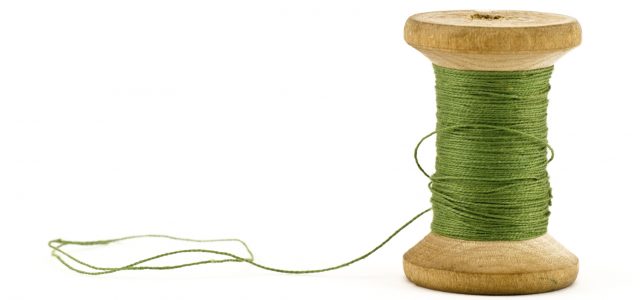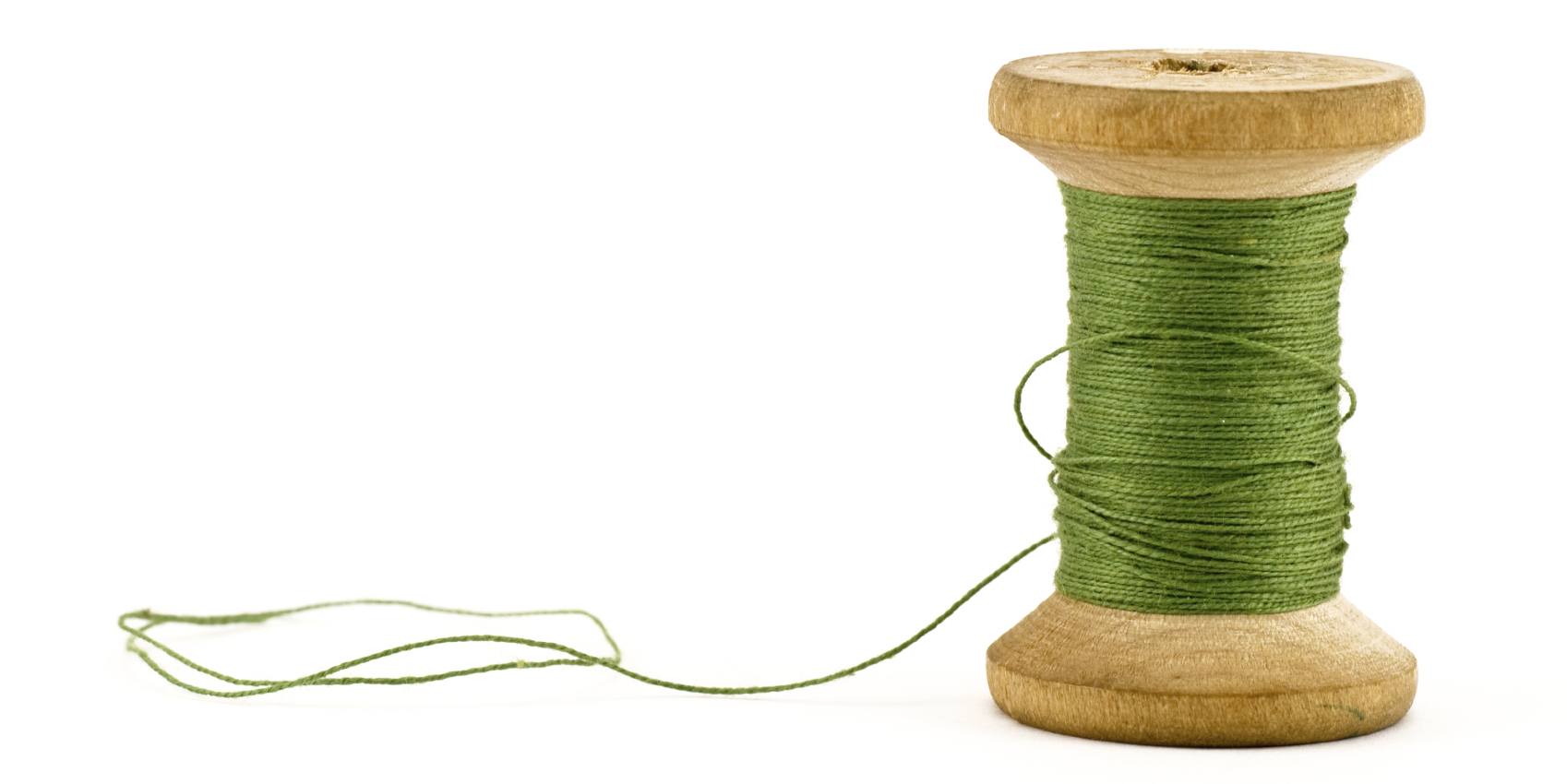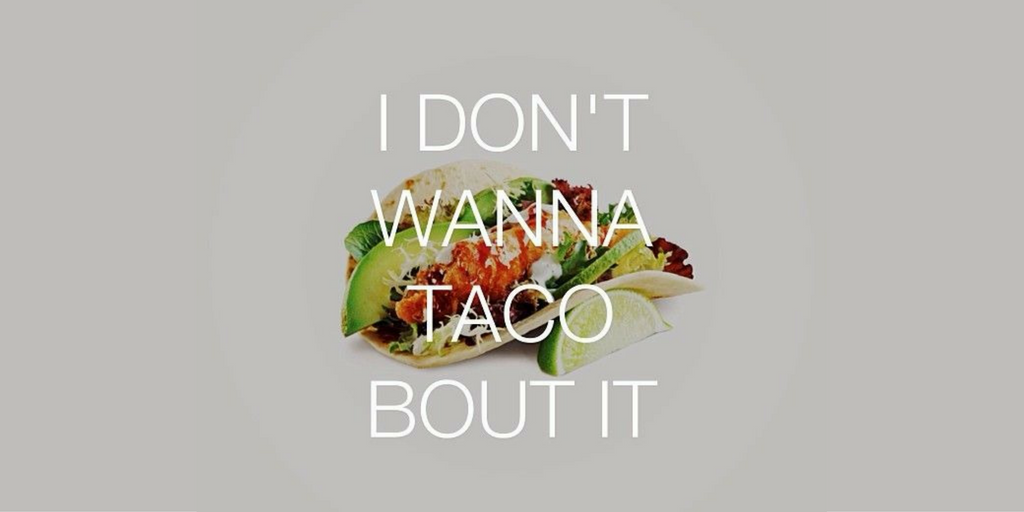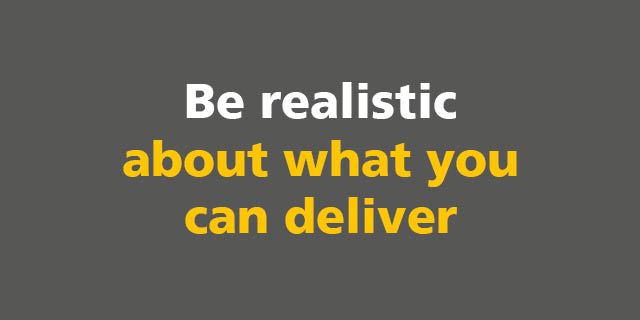Confessions of a Former Gym Manager: Diet’s Single Thread
DietLifestyle October 12, 2024 Damon Mitchell

Admittedly, there will be little science in this blog. There is no study that captures this grand unification theory. This is the observations of over twenty years of nutrition, from a guy who’s enjoyed many roles in the fitness industry.
I’ve experimented with all the diets, the high-fiber-low-fat craze, Atkin’s diet along with all the versions of that one, and the cave man diets that still haunt our lives.
I’ll cut to the chase on what I think about them. Toss ‘em out, every last one. None of them will work for you in the long run. Mixed with occasional good advice, they are all riddled with bad science, nutrient demonizations, and led by gurus who just want your cash.
Being a better eater isn’t buried in a book or even a blog. It’s a process, built over a lifetime of conscious observation.
Talking to your plants…
There was a trend a few decades back, encouraging horticultural hobby hounds to talk to their plants. The idea was that if you fed your plant positive vibes, man, it would grow better.
Speaking of “no science,” there was nothing to back up the effectiveness of this claim in the annals of science, but diehards would report healthier plants.
The obvious correlation missed by the fans of plant-talking was the reciprocal effect of talking to your plants every day. No, not a horsey throat. By talking to them, you would look at said plants every day. By putting your eyes on your plants you would notice variations in the plant’s appearance.
Looking a little thirsty? Water that plant. Over wet? You might drain some water. Pests? Systemic time!
There’s no way to prove it, but the more likely explanation for improved horticulture through chit-chat was more likely the net result of observation.
So, talk to your food?
Please, don’t start talking to your food, especially if you have roommates. Borrow the metaphor of observation breeding behavioral changes.
At face value, diets appear to vary. Some like proteins. Some hate dairy. Others blame certain macro nutrients for the cold war.
You will be hard pressed to connect them all in one grand unification theory of diets, but you can take away the most important factor (IMHO) found in each. Followers of diets, at least for a time, must slow down before they eat.
Does cutting out processed food necessarily make you healthier? Maybe, but not just shoving WHATEVER in your gullet because you are hungry is a good place to start.
Just like talking to your plants turns you into the best horticultural observer in the tri-state area, observing your intake with your conscience engaged makes you a better eater.
What you can do.
You can go on believing in every fad diet that rolls down Oprah’s Book Club conveyor belt. See how long that keeps you happy. Or, you can accept that you will never eat perfectly forever.
Instead, create your own dietary rules, amassed from what you’ve learned by observing your own intake.
For example, do you polish off bags of jelly beans when you only meant to have a few? A reasonable person may say there’s something to that behavior. Maybe keep jelly beans out of the house?
Not that there’s anything wrong with jelly beans, but you can’t seem to control yourself. Don’t waste your time feeling ashamed. Keep your expectations of yourself realistic.
Want another great piece of advice I recently adopted for my plan? This video is great:
At the end of the day, it is your consciousness about your food that will separate you from your past. The more you can “talk to your food,” the more your intake will improve over time.
You can read the diet books, but take their advice with a grain of salt, please.



